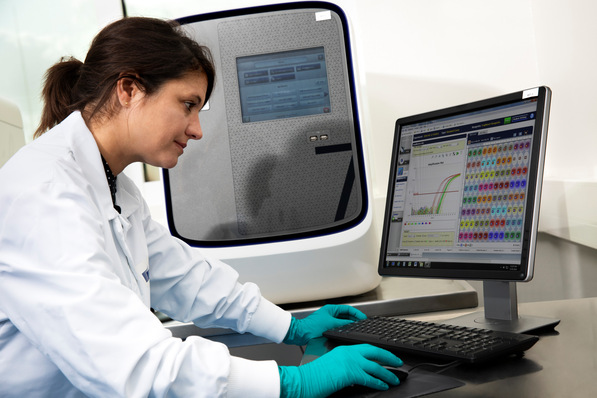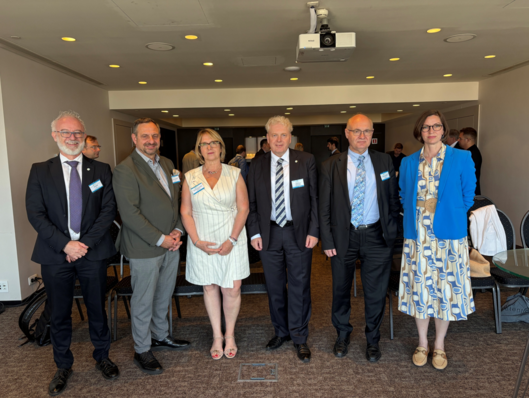Germany’s Federal Ministry for Economic Affairs and Energy (BMWi) has published a draft for a hydrogen acceleration act (WassBG). The consultation period for submitting comments ended yesterday. The aim of the act is to accelerate permitting procedures for hydrogen projects and thereby support the market ramp-up, particularly of green hydrogen.
BEE: enormous value of domestically produced green hydrogen
The German Renewable Energy Federation (BEE) explicitly welcomes the draft. In its statement, the federation emphasizes that classifying hydrogen projects as “projects of overriding public interest” under § 2 WassBG primarily benefits production from renewable energy sources and the associated value chain.
“The fact that the new federal government is now presenting the WassBG, which was originally developed by the previous coalition, underscores the importance attached to hydrogen,” says BEE President Simone Peter. She emphasizes: “We are pleased that the draft legislation continues to highlight the enormous value of domestically produced green hydrogen. It not only supports industry in its transformation, but also offers German companies tremendous growth opportunities and at the same time contributes effectively to the cost efficiency of the energy system.”
Criticism of the removed 80 percent rule
However, the BEE criticizes the fact that the originally planned requirement for electrolysers to source at least 80 percent of their electricity from renewable sources is no longer part of the draft. This provision is important to promote system-friendly behavior when drawing electricity from the grid. The federation calls for this requirement to be reinstated in the act.
In addition, the BEE advocates for the inclusion of biogenic hydrogen as well as infrastructure and facilities for injecting biomethane into the gas grid within the scope of the act.
Call for demand-side support
In addition to accelerating permitting procedures, the federation calls for further measures to strengthen demand for green hydrogen. These include, for example, quota regulations or the establishment of lead markets, as announced in the coalition agreement. “Accelerating permitting is one thing. Getting projects off the ground through secured offtake is another,” says Peter.
According to the ministry, the WassBG is intended to help improve the framework conditions for investments in the hydrogen economy and thus accelerate the ramp-up of the technology in Germany. It is currently unclear when the act will enter into force.







